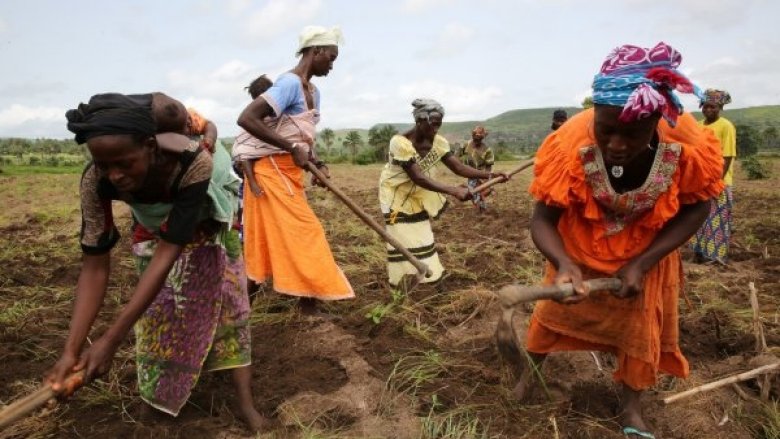Farming practices are typically very labor intensive and the majority of the labor is provided by household members. Agricultural household labor is therefore a key household asset and its accurate measurement is important. The estimation of labor inputs on smallholder farms is complex and vulnerable to misreporting.
Smallholder farms typically employ mostly family labor; thus, there is no wage income in which to anchor recall estimates. Written records are rarely kept and the respondent must rely on recall to report on past events. To arrive at the total amount of labor allocated by a household to farming, the household must accurately report the plots under cultivation, the specific household members that worked on each plot, the activities performed, and their timing and duration. Farming is a seasonal activity and work patterns are irregular during the season.
Reporting “typical” or “average” time farming after the completion of the season requires remembering distant events and making complicated mental calculations. Alternatively, reporting hours worked in the last 7 days at any single point during the agricultural season will not necessarily be indicative of total labor during the season if labor inputs vary considerably across weeks during the season.
Experiments
Tanzania Farm Labor Experiment to study the accuracy of farm labor data in household surveys, we conducted a survey experiment during the main agricultural season (roughly January-June 2014) in the Mara district of Tanzania. A random sample of 854 households from 18 communities was randomly assigned to one of the following alternative survey designs:
- Weekly Visit (benchmark): weekly face-to-face surveys for the duration of the season.
- Weekly Phone (alternative): weekly phone surveys for the duration of the season
- Recall Modules NPS (business-as-usual): single face-to-face survey at the end of the agricultural season.
Two commonly used designs were tested. We established the magnitude of bias by comparing the Weekly Phone and Recall groups to the Weekly Visit design.
Malawi Farm Labor Experiment to study the accuracy of farm labor data in household surveys. The experiment was conducted in the Zomba and Ntcheu districts both of which are in southern Malawi. The study covered a total of 20 enumeration areas (EAs) – 10 EAs in Zomba district and 10 EAs in Ntcheu districts. These EAs were randomly selected from all rural EAs in each district. The experiment started with three treatment arms based on data collection approaches, with a fourth arm added at endline survey phase. First, the Control Group 1 (C1) in which the standard agricultural labor module, with labor reported in the aggregate by recall for the entire season (endline survey) was used as a data collection approach with both baseline and endline surveys administered through face-to-face interviews. Secondly, the Treatment Group 1 (T1) in which data collection was based on weekly phone surveys for labor module for the duration of the rainy season. Thirdly, the Treatment Group 2 (T2) in which an intensive interview labor module (Time-use survey) during the duration of the main season was administered every week. Fourthly, Control Group 2 (C2) in which intensive interview of labour module was administered at the end of the agricultural season only (only included in the endline survey).
The data collection was divided into three phases:
1. Baseline survey phase (August 2016 - October 2016)
2. Resident enumerator survey (weekly data collection) phase (November 2016 - May 2017)
3. Endline survey phase (June 2017 - August 2017)
- For more information see the Basic Information Document
- Download data here.
